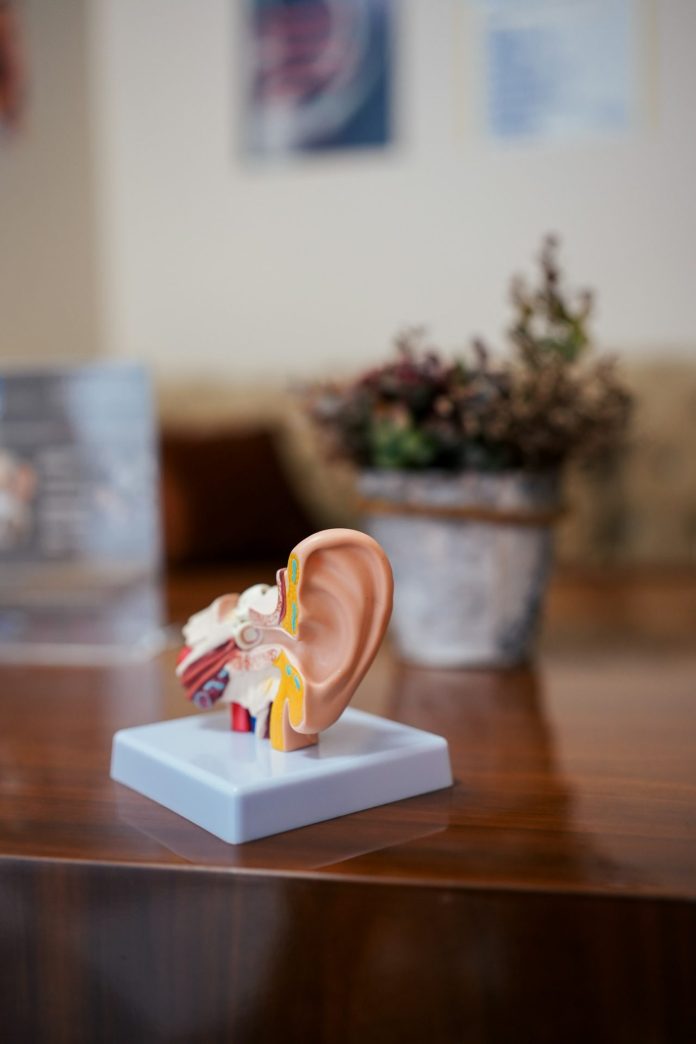Many people show up at an appointment with an audiologist without preparing. While they may feel they don’t need to do much before this appointment, they can make the most of their time with the medical professional by taking simple steps. What should every person do before this appointment?
Document All Symptoms
Most people visit an audiologist for a hearing test because they have concerns about hearing loss. Hearing loss is different for every person. One person may have slight hearing loss, while another struggles to hear most things. In addition, symptoms may differ by setting.
Before visiting an audiologist, record the symptoms and when they occur. For instance, one person might have difficulty hearing the television when they sit down to watch their favorite show at night. Another person might find they can hear fine when alone or with only one or two people, but crowded places interfere with their ability to hear clearly.
Bring this diary to the appointment and share this information with the audiologist. The more information they have about the patient’s hearing challenges, the easier it will be to diagnose correctly. This diagnosis is needed to ensure the patient receives the proper treatment for the symptoms they are experiencing.
Complete Medical History
The audiologist will also need a comprehensive medical history for the patient. This history should include information about past surgeries, any medications the patient is currently taking, and any notable illnesses in the past. In addition, the audiologist needs to know about existing medical devices the patient uses. They need this information to determine if there are potential factors that contribute to the hearing loss. They can then recommend a plan that addresses these factors, which may be enough to treat the hearing loss. If not, they can create a treatment plan that addresses the factors and the hearing loss.
Hearing Aid Options
Before visiting the audiologist, men and women should take some time to learn about the different hearing aid options offered today. This will save time during the appointment while allowing the patient to decide which type of hearing aid they prefer. Hearing aids differ in terms of style, features, and cost. The patient should learn about these options and determine which fits their lifestyle and budget best.
Protect the Hearing
Individuals should try to shield their ears from loud noises in the days before their hearing test. When a person is exposed to excessive noise before a hearing test, the results may be skewed. While all loud noises cannot be avoided, a person should not attend a loud concert or visit a construction site in the days leading up to this appointment. By keeping noises to a minimum, they can increase the test results’ accuracy and better understand their current hearing health.
Insurance Coverage
Many insurance companies will cover the cost of a hearing test. However, they often do not cover the cost of hearing aids and other hearing assist devices. The patient should learn about their coverage before the visit to avoid unexpected expenses. They can talk with the provider about paying for needed treatment and whether financial assistance is available. If help is required, contact the insurance provider.
Bring a Companion
A person should consider bringing a companion when having a hearing test. This individual can support them throughout the test and help them recall important information once the visit ends. They may also share with the provider insights about the patient’s hearing that the patient themselves may not have noticed.
Results
Many people are surprised to learn they should get their hearing test results immediately. They may not have a list of questions to ask because they didn’t prepare for these results. The more a person knows before the appointment, the better they can discuss the diagnosis and possible treatment options.
Every person should take these steps before a hearing test. Doing so will allow them to get the most out of their appointment. With the help of this specialist and the information obtained beforehand, a person can proactively optimize their hearing health and overall well-being.



 Bitcoin
Bitcoin  Ethereum
Ethereum  Tether
Tether  XRP
XRP  USDC
USDC  TRON
TRON  Lido Staked Ether
Lido Staked Ether  Cardano
Cardano  Avalanche
Avalanche  Toncoin
Toncoin  Solana
Solana